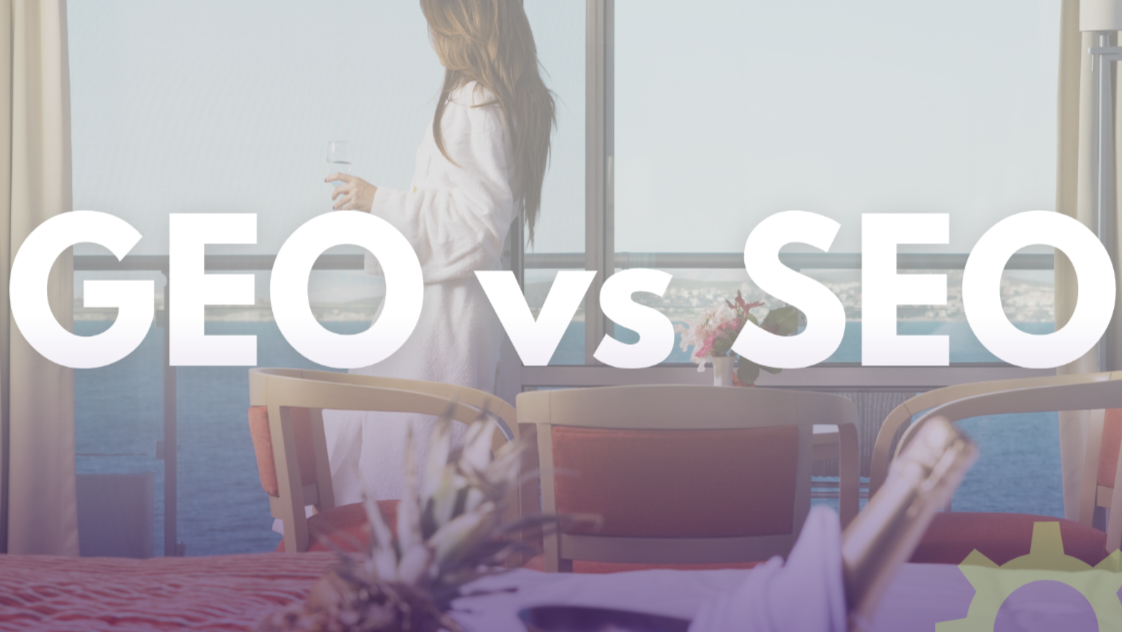
When marketers get in the habit of mindlessly doing things in a certain way, it’s easy to lose sight of the potential negative effect it might have on the consumer. We all know, for instance, how frustrating it is when you get hit with a surprise $20 “convenience fee” upon buying tickets to a concert or sporting event online. From a marketing standpoint, is the emphasis on profit over transparency really worth it if it ultimately leaves a bad taste in the mouth of the consumer?
If we narrow this down to the hospitality industry, hotel marketers have similar blind spots that can affect the success and credibility of their digital strategy. Based on my agency’s experience, here are five “habits” that I encourage you to reconsider from the perspective of a consumer:
1. Sneaky Resort Fees
The hotel equivalent to a convenience fee is undoubtedly the resort fee. From a business perspective, it’s almost entirely profit and certainly not something your hotel’s leadership team will be willing to sacrifice. From a consumer perspective, if it’s not seen as a complete money grab, it’s certainly not far from it.
Even before resort fees became the subject of legal scrutiny, it was crystal clear that hotels have to do a better job of communicating their value. Instead of simply adding a resort fee to the total at the end of a guest’s reservation, I recommend going to great lengths to explain what exactly it includes and how it benefits a guest’s stay (i.e., pool and spa access, special amenities, children’s programs, etc.). Within your booking process, don’t just break out the resort fee to outline its purpose, but use it as an opportunity to include real value-adds that incentivize booking direct (e.g., a complimentary yoga class or welcome drink).
In short, if we change the narrative of the resort fee and make it a transparent part of the booking, it might not stir up so much controversy.
2. Unintuitive Website Design And Content
If you’ve ever scoured a website for a very specific piece of information only to come up empty-handed, you know the frustration of a website that’s built for looks and not practicality. This happens all too often in the flashy world of luxury hospitality.
Beyond simple things like requiring too many clicks to make a reservation or not making the “book” button easy to find (believe me, it happens!), I often see this when it comes to dynamic content like events and happenings at the hotel. If the holiday season is coming up and guests are searching for events happening during their stay, don’t hide this information on a tertiary page that’s five levels deep within your website architecture. Place it front and center — maybe even on your homepage — and give the people what they want.
Another common mistake that I see is the temptation to get too “cute” with website verbiage. All too often I see the word “Sleep” used in place of “Accommodations,” or the word “Play” instead of “Experiences” or “Activities.” Even if it sounds hip and clear to you, it might be just the opposite to someone who is simply trying to make a booking (especially with different cultures). You’re better off playing it safe and prioritizing logical communication above all else.




